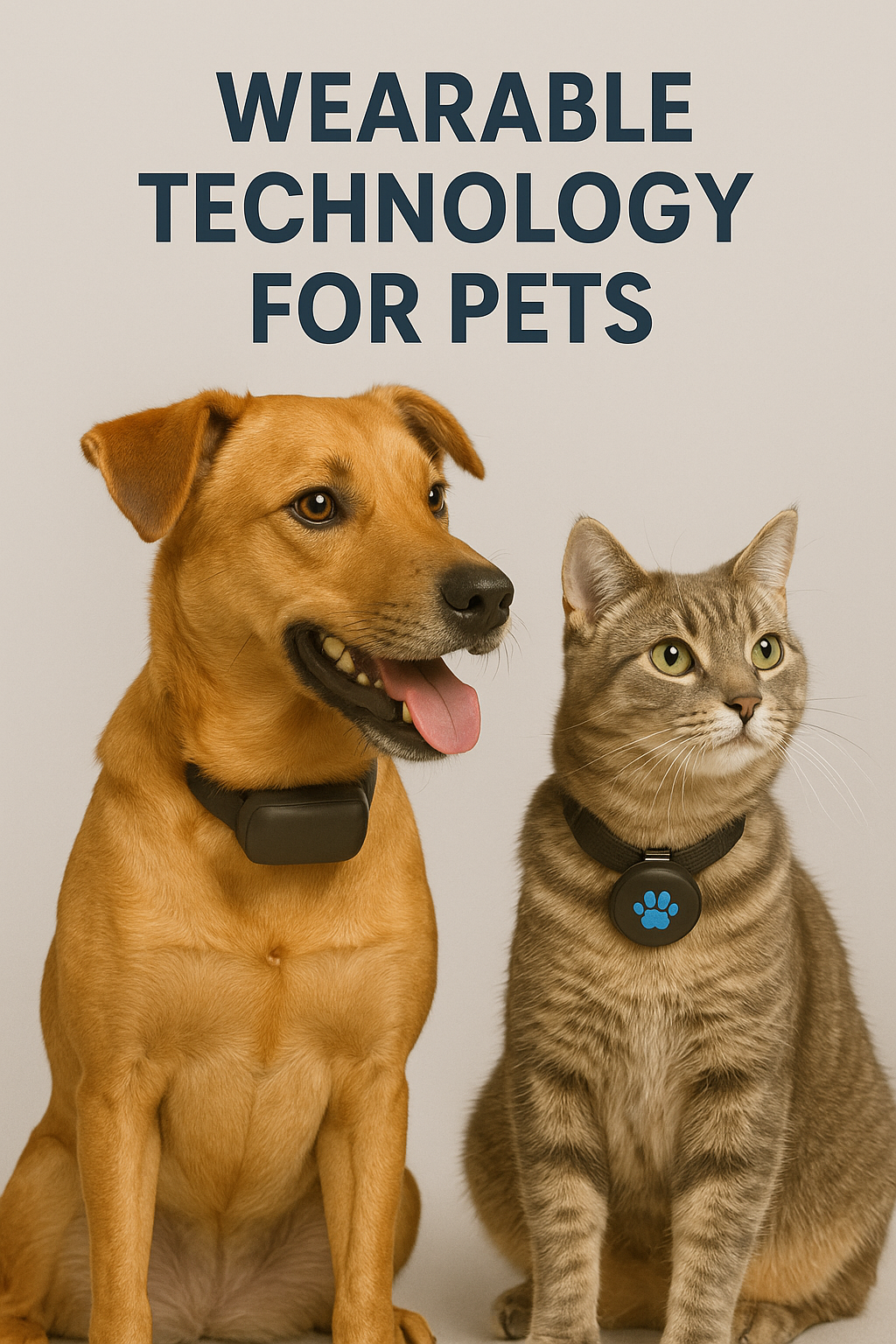
- Discover the best pet trackers of 2025 to keep your dog or cat safe. Compare GPS collars, smart tags, and real-time tracking devices that offer peace of mind for every pet owner.
- Have you ever lost a pet for a few minutes? You know that sinking feeling. That's where pet trackers come in. But are they worth the buy? Here's a quick rundown.

What Are Pet Trackers?
Pet trackers are small devices, typically attached to a collar, which enable you to keep track of your pet's location. They primarily use GPS, and some even have features like health tracking, activity tracking, and virtual fences.
The Pros:
1. Peace of Mind Having the peace of mind that you can find your pet if they get out is wonderful relief—especially if you live near traffic, open spaces, or other pets.
2. Real-Time Tracking Good GPS trackers are real-time updated, which enables you to locate your pet instantly. Some even track your pet's history.
3. Virtual Fences Draw a virtual boundary on a map. If your pet ventures out of that area, you get an alert.
4. Health & Activity Monitoring Some trackers (like the Fi Collar or Whistle GO) are also fitness trackers, showing how active your pet is or even warning about odd behaviour.

The Cons:
1. Cost You'll usually pay the device fee upfront, along with a monthly subscription for GPS data. It adds up.
2. Battery Life Most GPS trackers need to be recharged every few days, although some newer devices last weeks.
3. Signal Dependence No signal = no location. If you're in the country or your dog wanders where there is poor coverage, GPS accuracy can drop dramatically.

When a Pet Tracker Is Worth It
You own a mischievous or run-off dog.
You live near hazards (roads, wildlife, water).
Your pet sitter or dog walker puts your dog out regularly.
You must observe your pet's behaviour and health.
When It May Not Be Necessary
Your pet is in the house 100% of the time.
You possess nice fencing and only leave your dog alone rarely.
You live in an area that has horrible GPS/cellular signal.
Last Word
Yes, pet trackers are worth it—for the right owner and pet.
If your pet is escape-prone, outdoorsy, or loves to get into mischief, a tracker would be a lifesaver.
If your cat never gets up from the couch, though, it may not be essential.